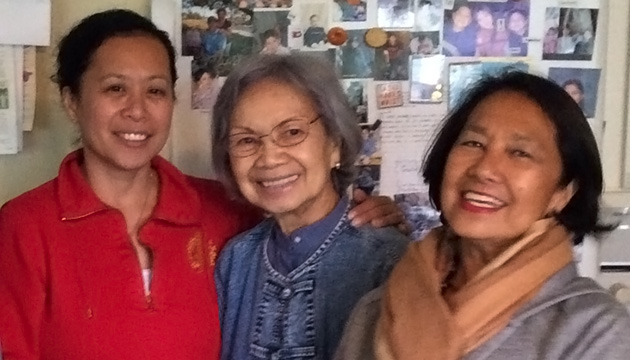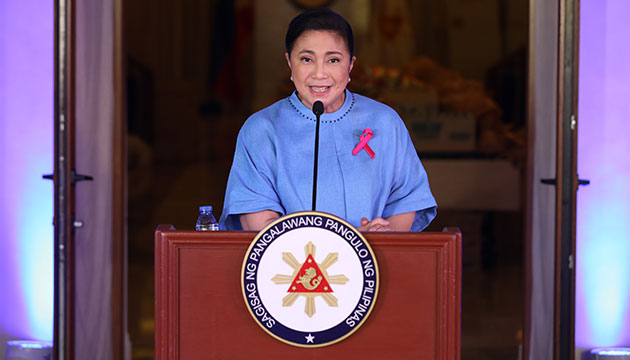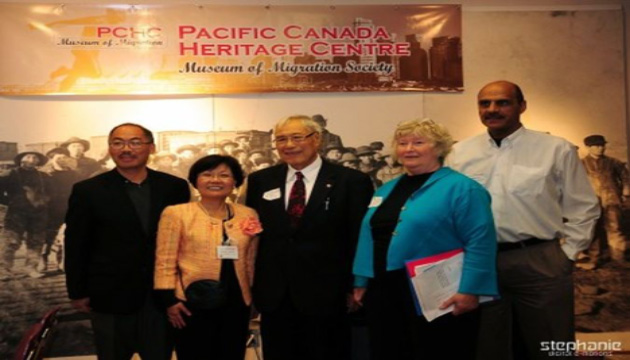More questions spring from that headline question above: 1) what ranks as the Filipinos’ choicest job?
2) what makes Filipinos stay in their choicest job? 3) how does this job enhance Filipinos’ social capital? 4) how did/do the Philippine and Canadian political spaces motivate Filipinos to stay in their choicest job?
A number of Filipinos in Canada answer to the title of “caregivers” and/or “nannies” to the extent that long-time Canadian immigrants from Europe and England think that any highly skilled Filipinos move to Canada to work as nannies. Training in caregiving counts as one of the skillset programs that the Philippine government’s labour export policy made accessible to Filipinos in the early 2000s. Caregiving skills matched the needs of Canada’s graying population, and opened wide Canada’s gate to highly skilled Filipinos or those educated in professional degrees such as commerce, education, nursing, or physical therapy.
Despite their home-earned professional degrees that Canada has yet to recognize, many Filipinos remain as nannies for a number of reasons. First, Filipinos find it hard to start from scratch. Earning another degree, taking courses, or writing exams for better paying jobs requires a lot of time and monies. Second, Filipinos take pride in their skills as caregivers. Such skills expand their social capital, i.e., they bring their families, relatives, and friends to Canada and establish a wide social-cum-political network for timely appropriations and interventions. This social capital likewise translates into financial capital not only for their next-of-kin but also for the Philippine coffers.
Take the case of a Filipina who, as a temporary foreign worker in 2005, earned CAD9/hour as a nanny. She had no friends, no connections, and no computer that would have given her information to base her choices and decisions on. Her take-home pay then as a live-out caregiver, CAD500/month, was not much different from live-in caregivers’ rate of CAD350/month; employers deducted from their pay the board and lodging fees. In 2008 and after becoming a permanent resident, she earned CAD11/hour.
By 2013, she negotiated for CAD12/hour only to be told that European-Canadian millionaires and business people do not just waste money. Consider, too, that she did more than the job of a nanny; she washed and ironed clothes, cleaned the house, and cooked for her employer’s children. She was also asked to learn how to drive her employer’s children to school. As soon as she got her driver’s licence, her employer sold the car and bought a new one on her account, deducting CAD500 from her salary for a car she had no use for. She now works for a different employer, earns CAD14/hour, and takes the bus to work.
Our informant is just one among many Filipino caregivers who experience the many faces of abuse. It appears that Filipinos, consciously or unconsciously, are complicit in the making of abusive, exploitative, and unjust European-Canadian employers. It also appears that some European-Canadian employers milk their Filipino caregivers dry, silence them through exhaustion in manual labour, and perpetuate the colonizer stance toward the once colonized and subdued. This case extends to the larger political spaces where Canada and the Philippines wield their wares to the advantage of the powerful and the detriment of the powerless.
Philip Kelly of York University, in his 2014 study and in answer to the major question above, states that “Filipino youth . . . are less likely to hold a degree than either their parents or their peers in other racialized groups.” He found that 37% of Filipino parents have university degrees while only 25% of their daughters and 13% of their sons hold degrees, and that the opposite is true for Chinese parents and children. Kelly concludes his study with an unflattering observation, “Many respondents acknowledged that Filipinos experience racialization but they seldom saw this in a negative light. More commonly, they noted that such racialization consisted of representing Filipinos as ‘hardworking’ and ‘caring.” (http://www.asianpacificpost.com/article/6364-over-educated-underpaid-plight-filipinos-canada.html)
More questions are left unanswered as the Filipinos continue to chart their destiny in their proverbial land of milk and honey. When will the Filipinos know that such a land lies on their very hands?













